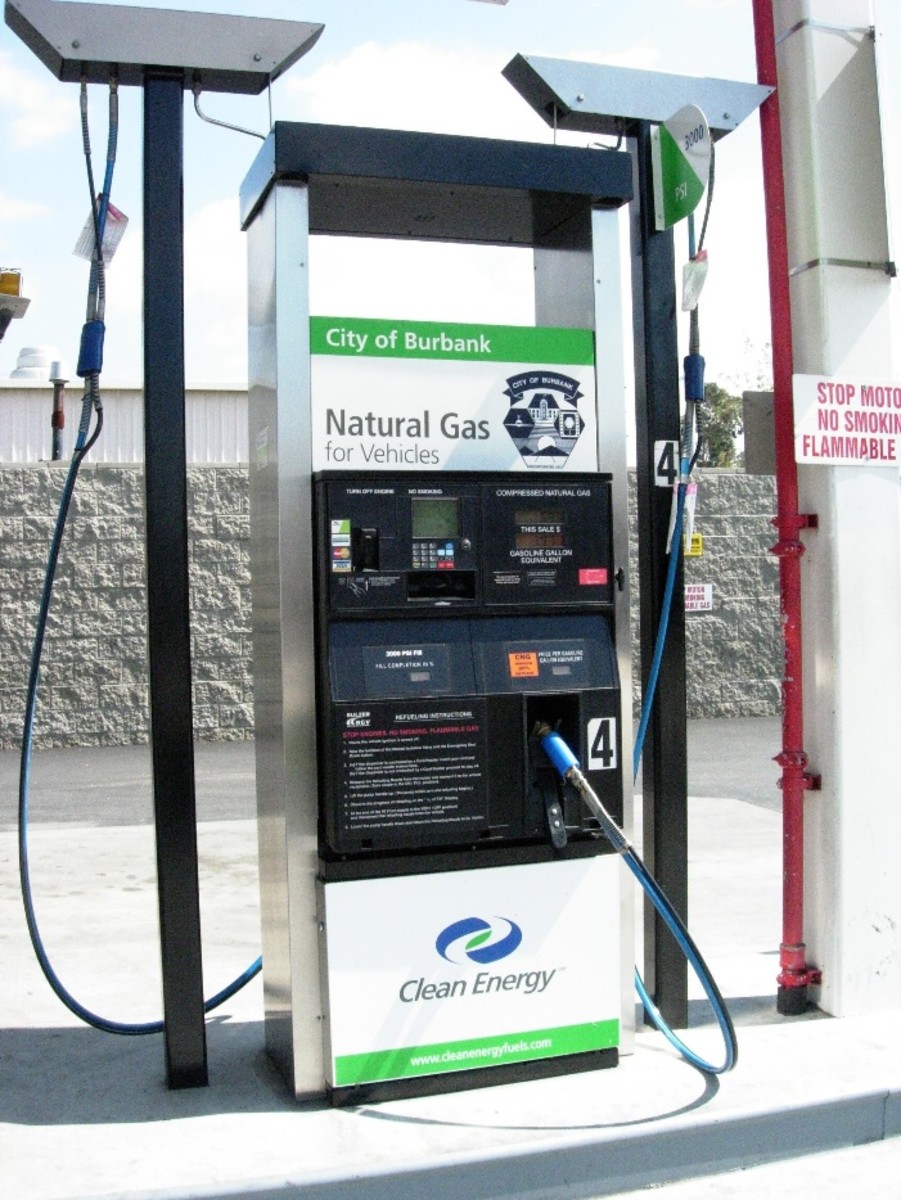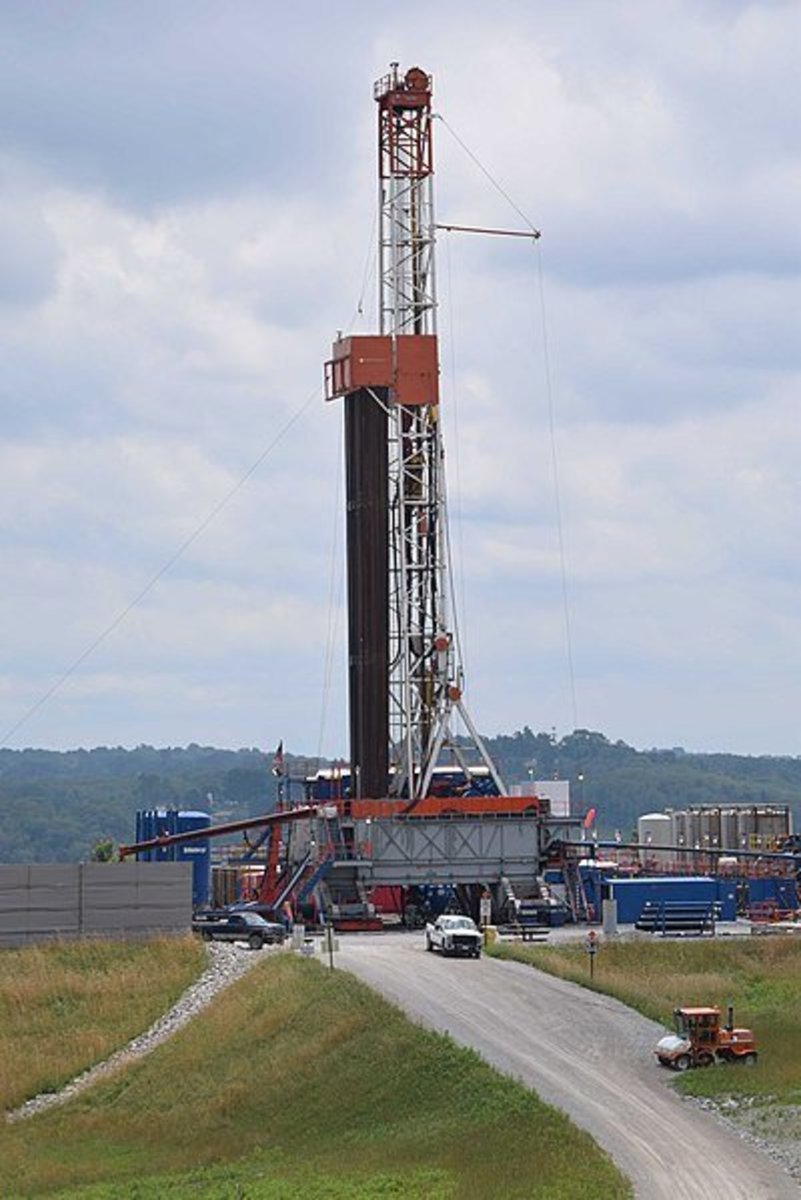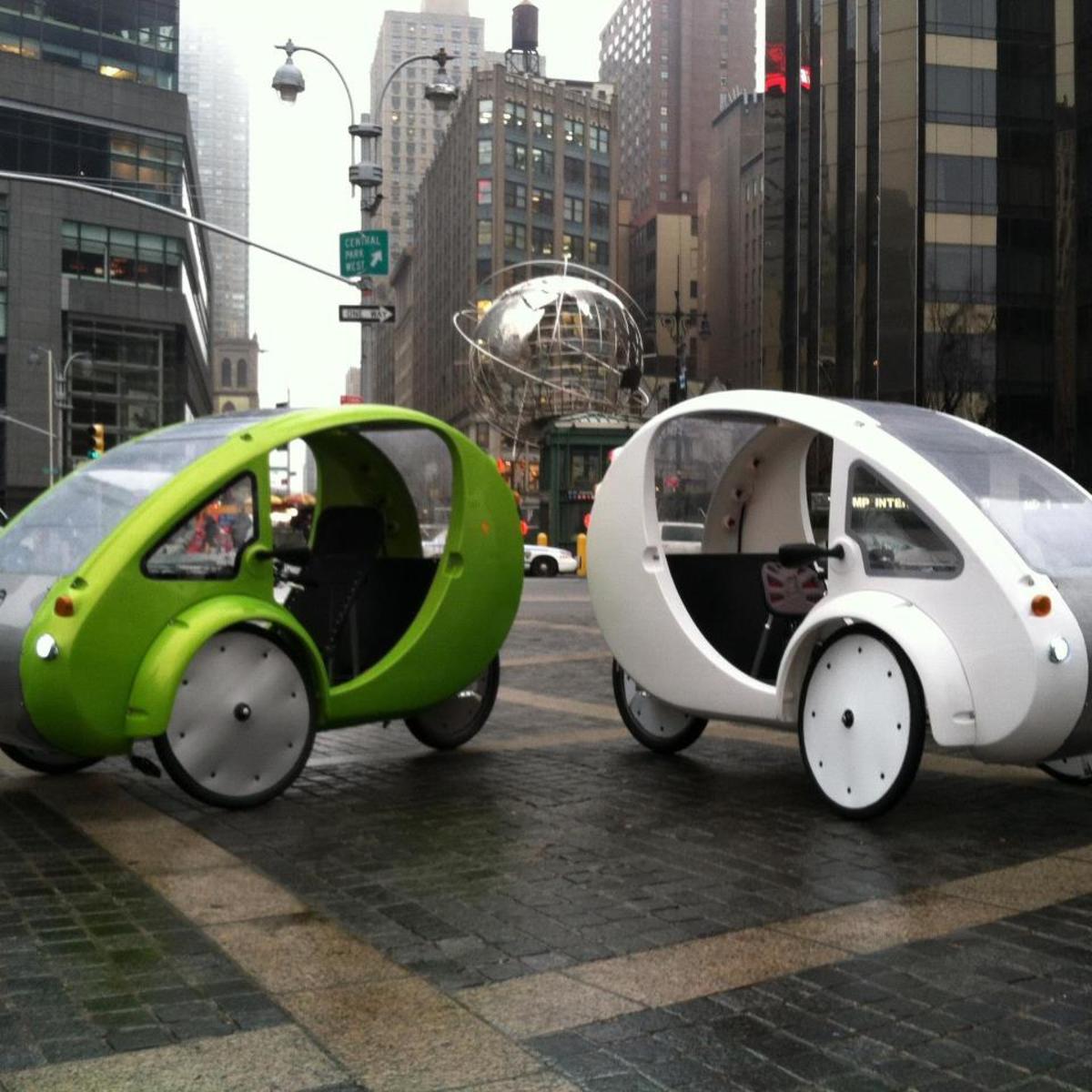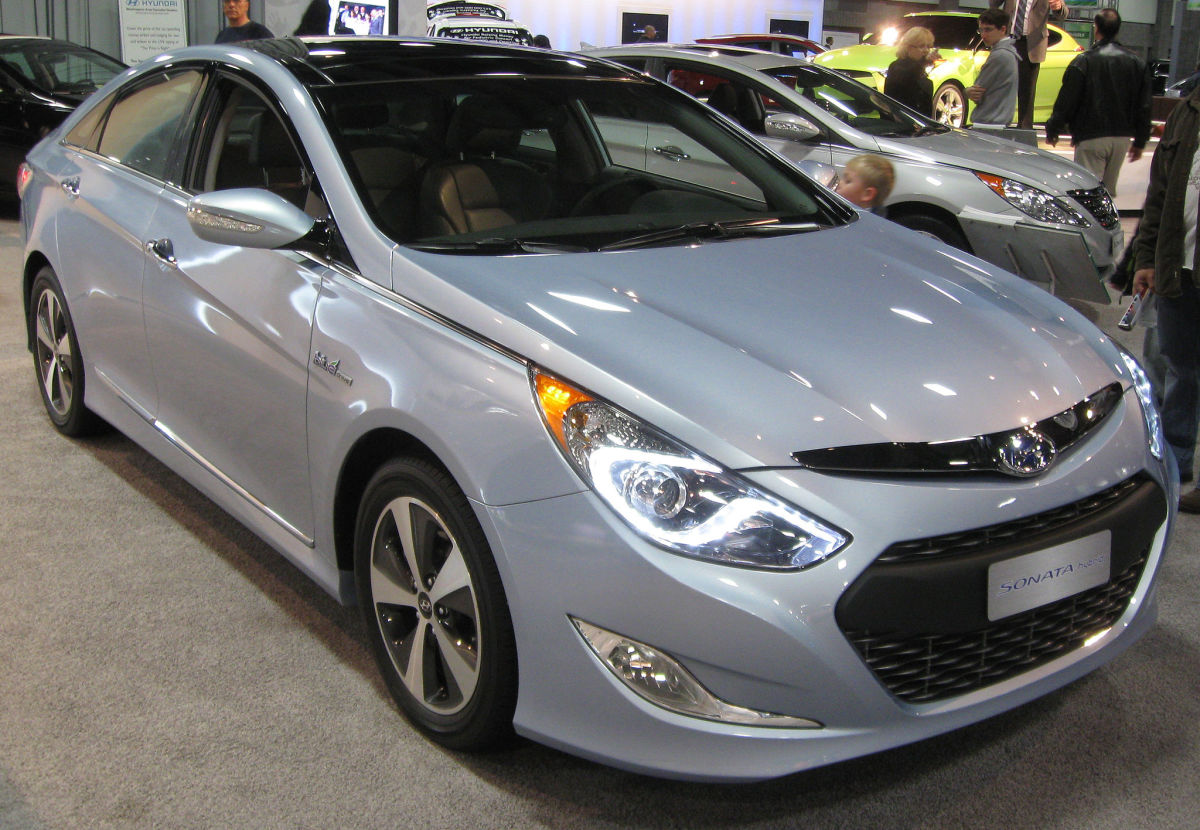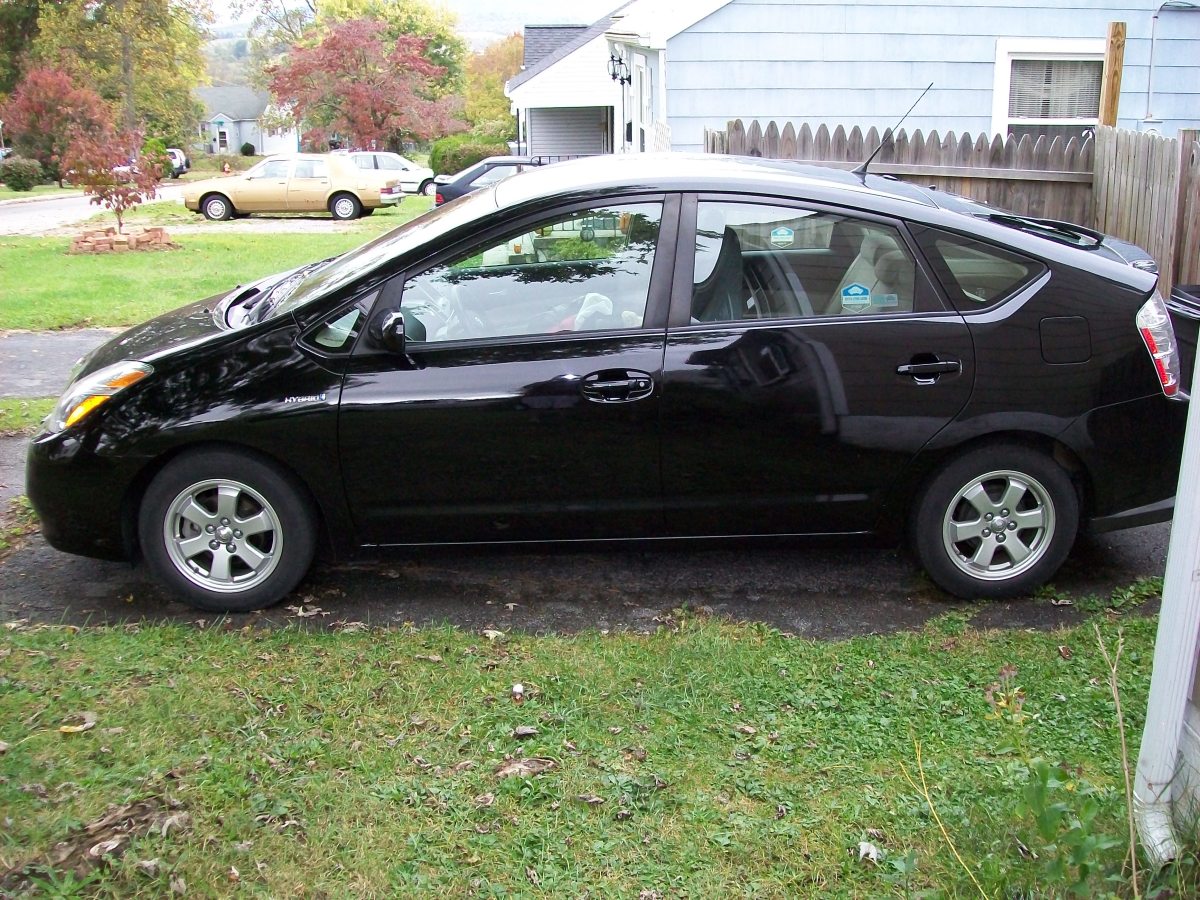Save money driving cars with natural gas and petrol alternatives
The price of petrol is at a record high - leaving drivers increasingly frustrated. So why not switch to a petrol alternative? Here are some to consider.
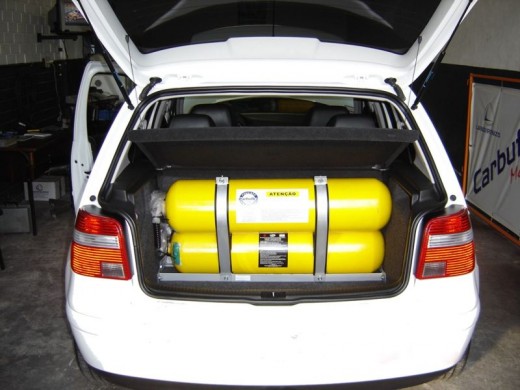
CNG - Compressed Natural Gas
Compressed Natural Gas (CNG) is the same stuff that comes out of your cooker or gas fire. But it needs to be compressed to use in a car. Commercially, there are only a handful of places where this is available. South America has the largest number of people using CNG: 43 per cent of its cars are CNG powered. The benefits of CNG are that it is much cleaner and cheaper than petrol. However, tanks that are fitted to an existing petrol car are very large and will take up boot space. Private users of CNG may also need a compressor fitted at their home. These cost around #2,000 and can take up to seven hours to refill a car.
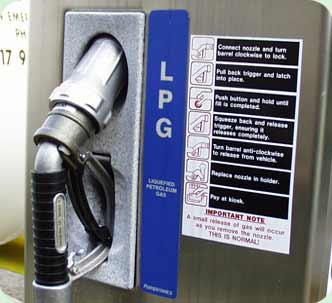
LPG - Liquefied Petroleum Gas
LPG is the fastest growing petrol alternative around the world. It's cleaner and cheaper than petrol. Many large car manufacturers have recognised the benefits of LPG and developed dual cars - vehicles that run on LPG and petrol. The price of LPG is the biggest attraction - it is roughly one third of the price of petrol and is not taxed as heavily by governments. Many more fuel suppliers are building fuelling stations that provide LPG. However, LPG cars can also switch to their petrol tank if LPG runs out and there are no fuelling stations around. The cost of converting to LPG costs between #1,500 and #2,000. However, for somebody who drives an average 30,000 miles a year there will be a saving of more than #2,000.
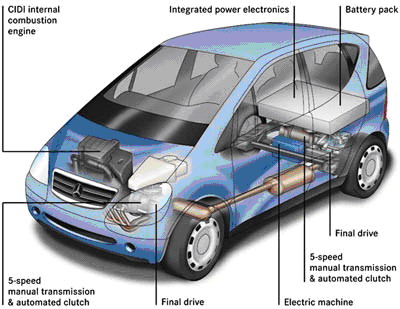
Hybrid - HEV
Many largest car manufacturers are developing hybrid cars. The term refers to vehicles that combine tradition fuels - petrol - with an electric battery to power then engine. They are also known as Hybrid Electric Vehicles (HEVs) The running costs of an electric car are between 25 and 50 per cent less than petrol vehicles. However, buying a Hybrid car will add around #2,000 to the purchase price. These need to be re-charged at a power terminal so the cost of electricity should be factored in. Although the petrol emissions may be less, if you;re considering electric cars to improve the environment, it's also worth considering where the electricity comes from: power stations that burn coal. The driving and handling of HEVs has been shown to be similar to fuel up to certain speeds.
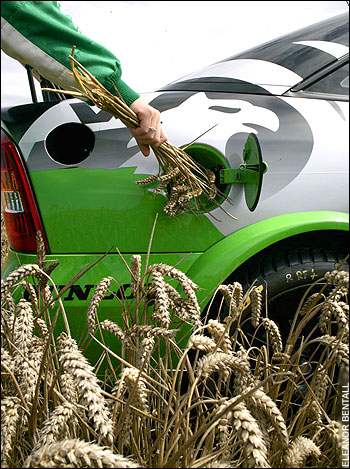
Biofuels
Biofuels are made from biomass or biowaste - essentially anything natural that can produce energy, so even wood for fires was one of the earliest biofuels. There are a vast range of biofules including biodiesel, vegetable oil, biogas, bioalcohols such as bioethanol which is made by fermenting sugar and syngas. These first generation biofuels are then liquefied to be used in vehicles either on their own or to produce cleaner emissions from existing diesel engines. These types of fuel are most widely available in Brazil and the US but manufacturers are developing them in greater depth so that they are more widely available worldwide. Driving with these fuels is cheaper than petrol or diesel alone and in many cases there is no need to convert to a different engine. The fuels are also much cleaner with reduced Co2 emissions.
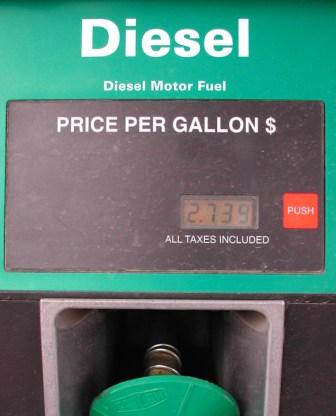
Diesel
Anybody who drives long distances and is buying a new car might consider switching from petrol to diesel. Diesel may be very slightly more expensive at the pumps than petrol but it is more efficient - it can give as many as 40 per cent more miles to the gallon more than petrol engines do. However, compared to the other fuels listed above, diesel is still expensive and far less environmentally friendly.
Recommended
LPGis my personal recommendation as the fuel of choice for the future. If you're planning to change cars soon then it may be sensible to wait until then. But if you're happy with your motor and looking for more efficiency then it's well worth switching to LPG soon. If you're currently buying a new car then pick one as usual but have the new LPG engine fitted yourself. This way you will save money on the purchase price of the car and you'll have the piece of mind - and record - of knowing exactly what has been changed.
Thanks for reading. Please feel free to leave comments suggesting other fuels or with any extra points about what I've written that could be included. Also, you might want to read some other hubpages from me below.


